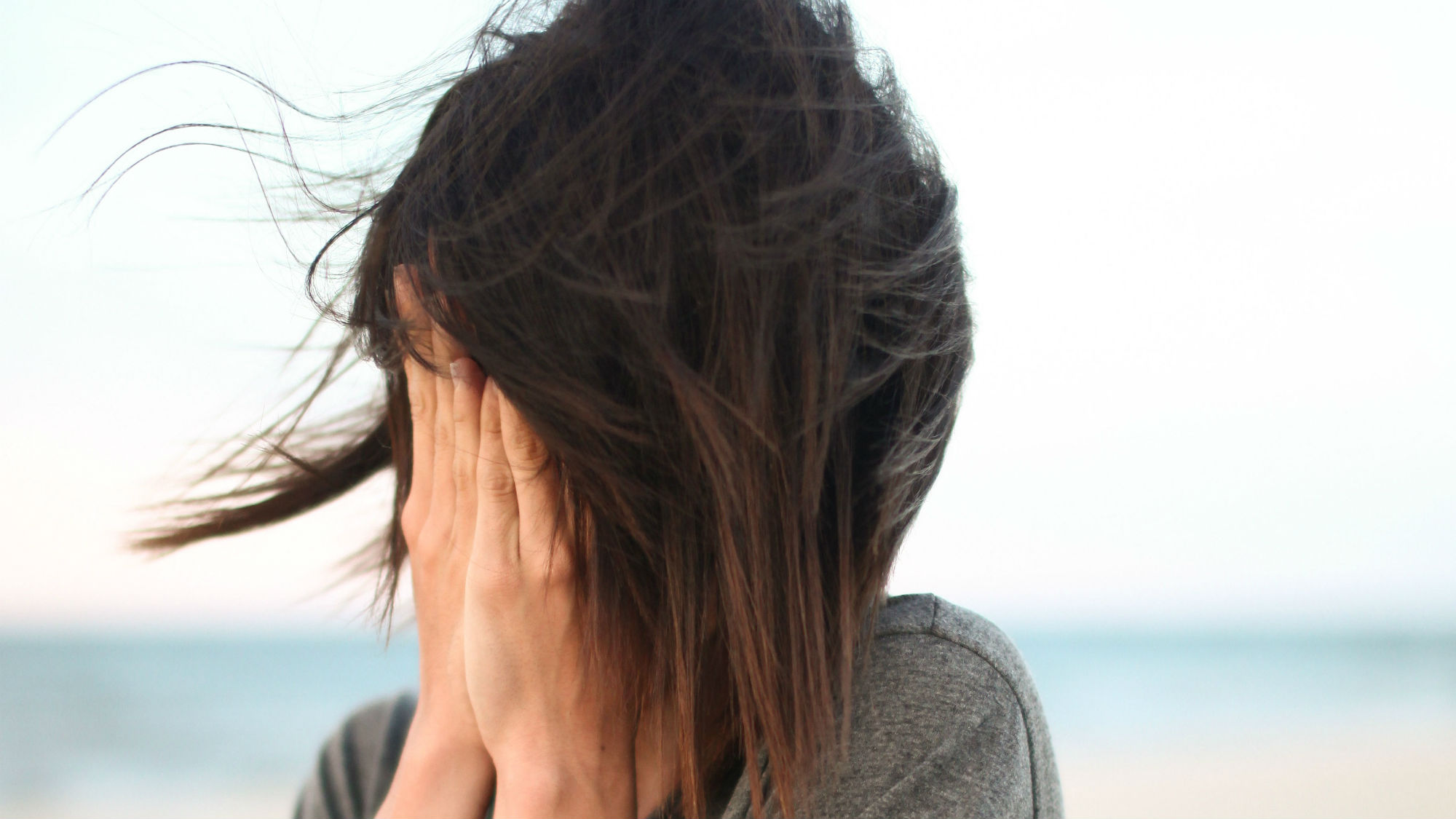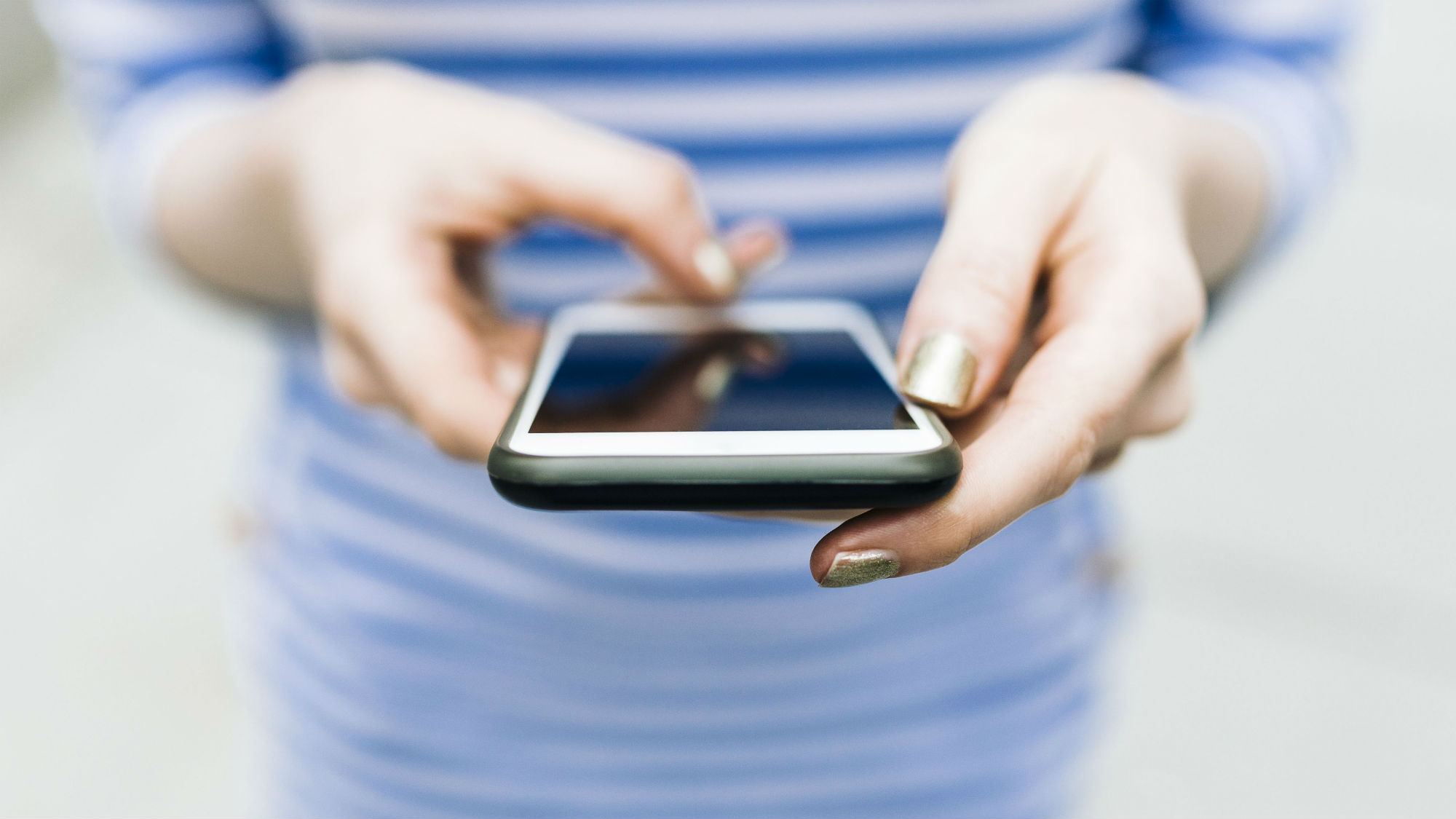Is public shaming now our biggest fear?
The idea of public shaming has been around for centuries, but technology and social media has taken the humiliation game to new heights


The idea of public shaming has been around for centuries, but technology and social media has taken the humiliation game to new heights
Words by Lucy Pavia
‘Love handles’ wrote bodybuilder Diana Andrews in purple letters over the covert photograph she’d taken of a fellow gym-goer during an evening training session. The picture, which she posted on Instagram Stories to her 17,000 followers, would have disappeared in a day had someone not decided to pull her up on it. Instead, a screen grab of the ‘body-shaming’ post began circulating on Twitter and Facebook.
‘This train wreck of a human thinks bathroom selfies are glamorous but a real woman with a real body, working out at a gym, should be shamed,’ wrote a critic on Facebook. Hundreds, then thousands, of Twitter and Facebook users piled on to mock Andrews’ own ‘plastic’ face and call her a slut, a bitch – and far worse. Her former trainer condemned the public shaming picture, as did the plus-sized model Tess Holliday. Andrews issued two written apologies, but a week later the abusive messages were still flooding in.
The incident felt like a textbook case of modern online public shaming, when an ordinary person’s mistake, ‘misspeak’ or bad joke catapults them from anonymity to infamy faster than you can say ‘pitchfork brigade’. Andrews joins a hall of shame that features, among others, ‘cat bin lady’ Mary Bale – who was caught on CCTV trapping a tabby in a wheelie bin and later fined £250 – and New York PR executive Justine Sacco, who sarcastically joked on Twitter, ‘Going to Africa. Hope I don’t get AIDS. Just kidding. I’m white!’ before boarding a plane. By the time she’d landed, she was an online hate figure.
The mob mentality of Twitter has the power to turn all of us into clones of Nelson from The Simpsons, bellowing ‘Ha ha!’ at the latest target’s humiliation. You might not have ever joined the pile on over ‘ordinary’ people such as Sacco or Andrews, but it takes a person with iron principles to say they haven’t revelled in someone’s online humiliation at some point.

Videos you may like:
Video you may like:
Like thousands of others, I retweeted Donald Trump’s White House press secretary Sean Spicer earlier this year when he accidentally shared a joke at his own expense by satirical news site The Onion. ‘@SeanSpicer’s role in the Trump administration will be to provide the American public with robust and clearly articulated misinformation’ the joke went. Spicer presumably misread the final word and shared it on his own feed with the caption, ‘You nailed it. Period!’
Celebrity news, beauty, fashion advice, and fascinating features, delivered straight to your inbox!
In an atmosphere where anyone can be targeted for putting a foot wrong, many have become excessively cautious – not about being trolled by a random rogue person spitting out hateful comments but by being publicly ‘shamed’,
a more far-reaching threat based in crowd mentality.
'I was publicly shamed'
A friend with a large Twitter following tells me she reads her tweets at least five times before posting, terrified she’ll inadvertently offend someone and face a backlash from thousands aiming to make her look stupid, ill-informed or insensitive. When Adele beat Beyoncé to the Album of the Year at this year’s Grammys, she spent most of her speech explaining why she didn’t deserve it. Could she already visualise the kickback if she failed to acknowledge the woman in the room who so many believed deserved to win?
Widely regarded as one of the earliest targets of a mass online public shaming is Monica Lewinsky. Her affair with Bill Clinton 19 years ago broke not in a newspaper, but on a website called The Drudge Report. ‘This rush to judgement, enabled by technology, led to mobs of virtual stone-throwers. Granted, it was before social media, but people could still comment online, e-mail stories and, of course, e-mail cruel jokes,’ Lewinsky said in her TED talk, The Price Of Shame.
One of the earliest people to examine Internet shaming in depth is journalist and author Jon Ronson. His 2015 book, So You’ve Been Publicly Shamed, devotes an entire chapter to Justine Sacco. When Lewinsky agreed to a rare interview last year, it was with Ronson. Does he think women get a tougher deal when it comes to online public shaming? ‘It’s no coincidence that my previous books about conspiracy theorists, psychopaths and weird military stuff are full of men, and So You’ve Been Publicly Shamed is full of women,’ he says on the phone from New York. ‘The range and breadth of insults tends to be way worse when it’s a woman being shamed than when it’s a man. When it’s a man, the tenor of the onslaught is all “I’m gonna get you fired”; when it’s a woman, it’s “I’m gonna rape you and murder you, and get you fired”.’

A furore can seem to die down as quickly as it flares up, but for the person at the centre of the storm the damage can last for years. Care worker Lindsey Stone, vilified for posting a picture of herself on Facebook making a rude gesture by a war memorial, didn’t leave her house for a year. Suey Park, who became a hate figure after coining the hashtag #CancelColbert when a racially insensitive tweet was posted by US TV show The Colbert Report’s Twitter account, was forced to leave her home in Chicago for a safe house when Reddit users released all her personal details (address, bank details, phone number) online. She even got a text message from a man claiming to be a sniper who was lying in wait outside her flat. ‘I felt like my voice, my independence and privacy had all been taken away,’ Park said in the documentary series The Internet Ruined My Life. ‘I really did think that there was a chance that I could die.’
‘The long-term psychological damage [of an online public shaming] is enormous,’ says psychiatrist Dr Carrie Barron. ‘It can cause post-traumatic stress disorder. When something that dramatic happens to you it can take a chunk out of your sense of self. You can’t really [quantify this] but in some ways it could be worse than a physical beating for a person.’ Dr Barron says people with the greatest sense of empathy tend to feel shame most acutely (which could explain why it seems impossible to shame a certain 45th President). ‘People who feel fragile, less empowered and more insecure, are more likely to feel [intense] shame,’ she says.
Seeking to humiliate someone you don’t agree with might feel satisfying, but psychologist Professor June Tangney says there’s little evidence public shaming will change their behaviour. She cites the example of ‘drought-shaming’ in California, when local authorities encouraged people to rat out water wasters by posting pictures of their lush green lawns online. ‘All of our data suggests shame doesn’t push someone to reform or change their behaviour,’ she says, ‘[people are] just more likely to go on the defensive, and that can lead to irrational, aggressive anger.’
‘Those kinds of [pile-on public shamings of ordinary people] I would never get involved with – I don’t think anybody should,’ says Ronson. ‘This idea that we know everything about a person from no evidence is hideous.’ And besides, don’t we all have bigger fish to fry now? Ronson points out that he wrote So You’ve Been Publicly Shamed during the Obama administration, but now Trump’s at the helm, the battles we pick are all the more crucial. ‘I think everybody [now] realises there’s much more important things to do, which is fight this chaotic, changing [world], than pick off people who’ve said a joke badly on Twitter.’
